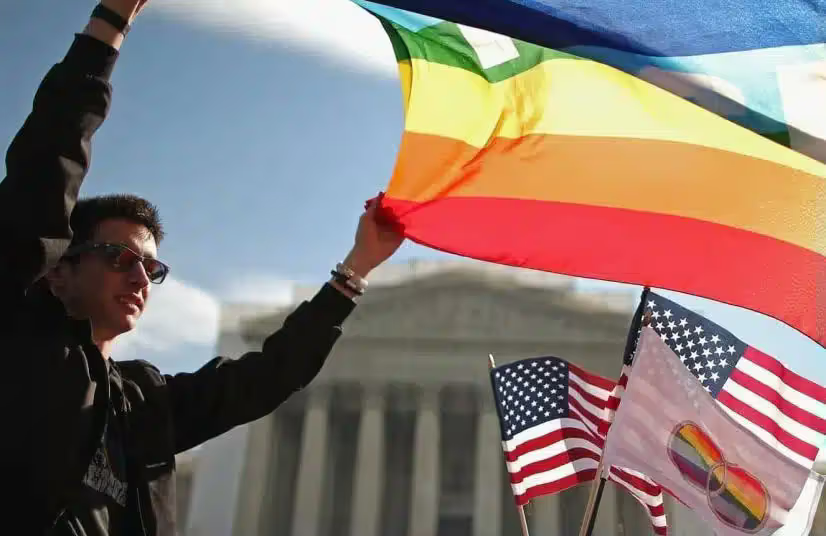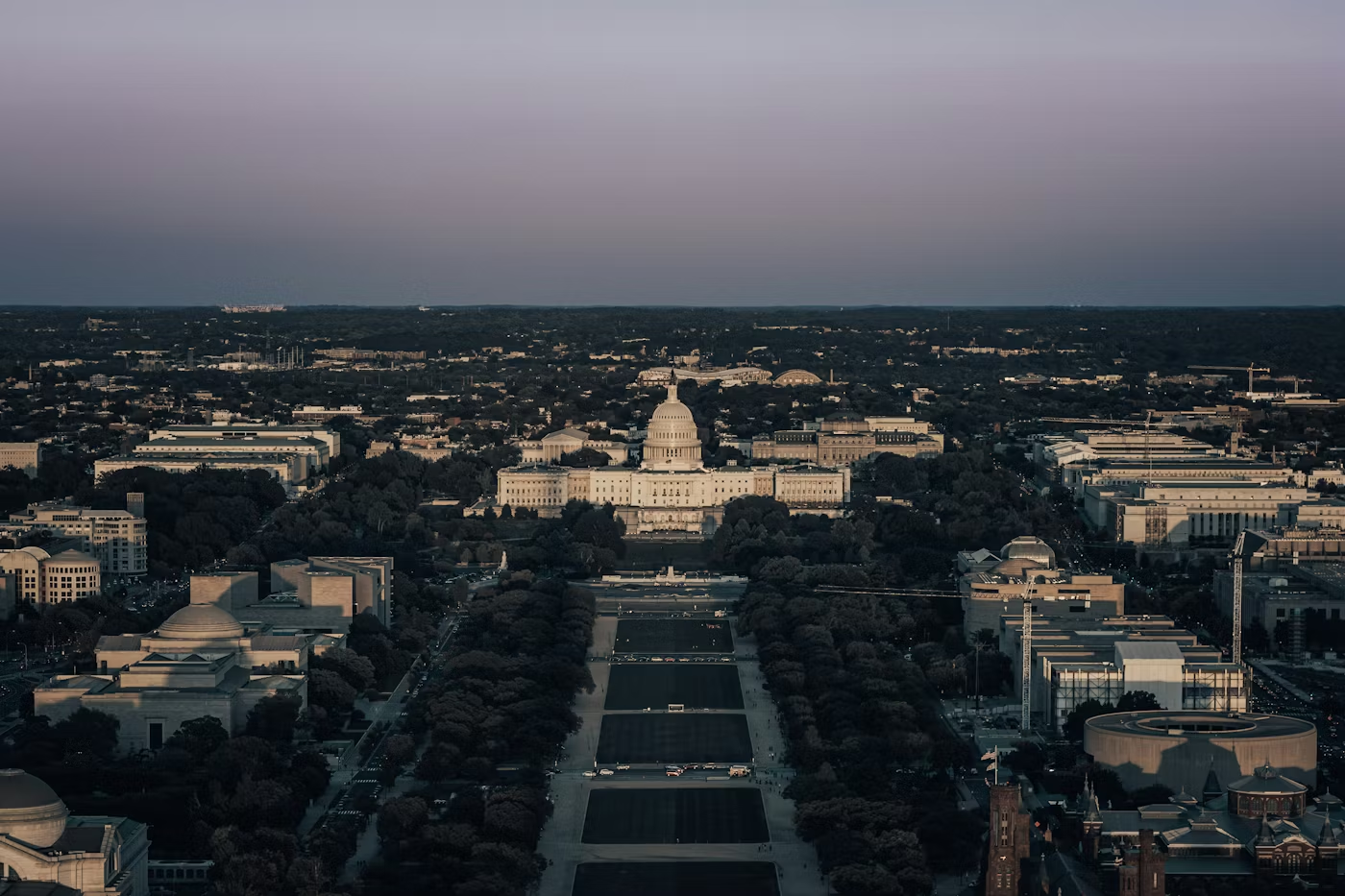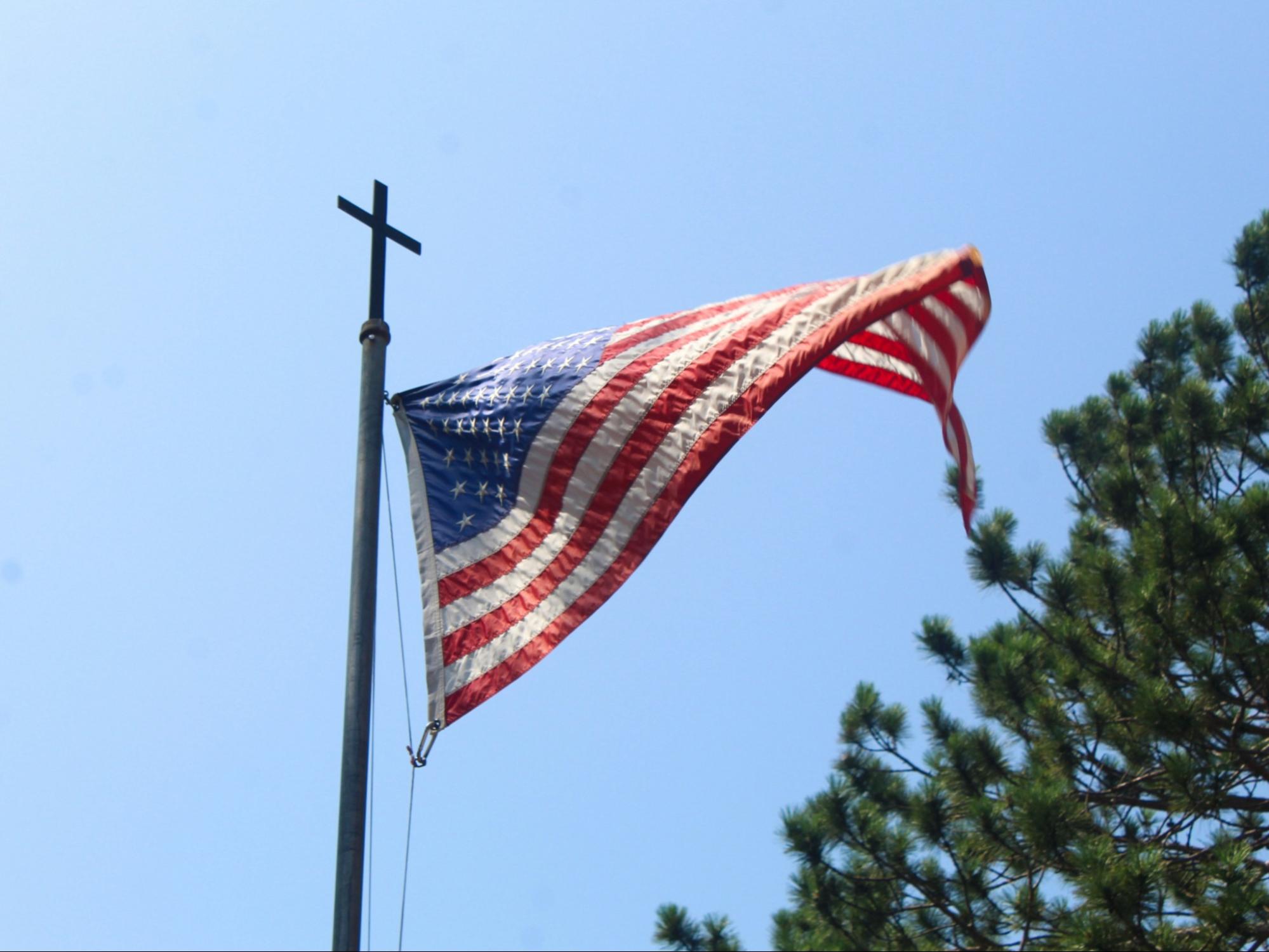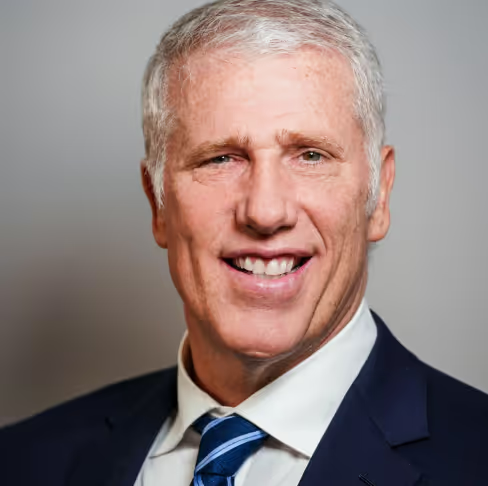
Advocacy
How Project 2025 Threatens Religious Freedom & Democracy
Religious freedom is a bedrock of our democracy. Project 2025’s extremist objectives strike directly at the heart of this fundamental freedom. That’s why it’s so important for people of diverse faiths and beliefs nationwide to understand what Project 2025 is, and mobilize to stop it.
Project 2025 is a far-right blueprint, put forward by over 100 conservative groups, to dramatically reshape the country, undermine religious freedom and impose their own dangerous agenda, if a candidate aligned with their goals wins the presidency in 2025.
This agenda poses a direct existential threat to our shared vision of the United States as an equitable democracy where people of all faiths, backgrounds, and identities can thrive and make decisions according to their own personal beliefs. If implemented, many of the provisions of Project 2025 would dramatically restrict the fundamental rights and freedoms of Americans – including religious freedom, reproductive rights, and LGBTQ+ rights. The Christian nationalist movement behind Project 2025 hopes to remake the United States into a so-called Christian nation, repressing diversity and difference and imposing one extreme religious worldview on all of us.
What is Project 2025?
Project 2025 is a far-right blueprint, put forward by the Heritage Foundation and over 100 other conservative groups, to dramatically reshape the country and impose their own dangerous agenda under the next conservative administration. It has put forward a 922-page list of policy recommendations, encompassing each agency in the federal government. It is focused primarily on executive actions – steps that the next president and their appointees could take without Congressional action/approval.
Project 2025 is not officially endorsed by the campaign of Donald Trump. Nonetheless, 32 of the 38 authors of Project 2025 worked in the Trump administration.
According to an analysis by Vox, the three primary aims of Project 2025 appear to be 1) Concentrating power in the presidency, 2) Achieving longtime conservative priorities and 3) Pursuing a hardline religious right agenda.
How would Project 2025 try to impose a Christian nationalist agenda that restricts religious freedoms and other fundamental rights?
Project 2025 is informed by an overarching assumption that US law, government and policy should be informed by Christian nationalist teachings and morality. It states that it seeks for families to have the freedom to above all pursue “religious devotion and spirituality.” One of its core goals is to “Secure our God-given individual rights to live freely.” It is clear that the initiative defaults to a conservative Christian understanding of God – elsewhere it states that “God ordained the Sabbath as a day of rest”, referring exclusively to Sunday, as opposed to the days of rest held by other religions.
Project 2025 seeks to impose intense restrictions on reproductive rights and the rights of LGBTQ+ people, and to further blur key boundaries and distinctions between religion and government. Showing no regard for how diverse faith traditions approach key questions about reproductive health or sexual and gender identity, it adopts one particular Christian theological-political worldview as the default to drive a wide range of government policy decisions impacting the lives of tens of millions of Americans.
Why is it so important for people of faith to lead the charge against Project 2025 and the threat it poses to religious freedom?
The organizers of this extreme agenda like to present themselves as champions of religious freedom, guided by faith. In truth, their plans would suppress religious freedom and diversity, forcing people of diverse faiths and beliefs to have their choices and rights increasingly restricted by one particular religious worldview, advanced by the government. Most people of faith in this country reject the type of doctrines and policies promoted by Project 2025 – and it’s critical that we organize and speak out together to reject it.
In what ways would Project 2025 restrict Americans from making decisions about their own reproductive health?
Project 2025 states that “Abortion pills pose the single greatest threat to unborn children in a post-Roe world” and calls for the FDA to revoke approval for use of the abortion pill mifepristone. It would end the mandate for insurance to cover the “week-after” abortion pill, and seek to use a long-defunct law to prosecute people who send abortion pills via the mail. It would require states to report where women seeking abortions live, attempting to prevent women from traveling to states where abortion is legal to obtain one – and would cut federal funds to states that refuse to comply.
By limiting access to reproductive care, Project 2025 seeks to force adherence to one narrow religious viewpoint. The majority of Americans believe that people should be able to make healthcare decisions in accordance with their own conscience, not the religious views of a powerful few.
In what ways would Project 2025 target the rights and safety of LGBTQ+ people?
Project 2025 takes particular aim at the transgender community, referring to “transgenderism” as an “ideology” and outrageously characterizing healthcare for transgender youth as “child abuse.” It would rescind regulations prohibiting discrimination based on sexual orientation and gender identity, eliminate transgender health care in Medicare and Medicaid, expel transgender troops from the military, and prevent the State Department from promoting LGBTQ equality overseas.
By encouraging and empowering discrimination and stigmatization against transgender people and other LGBTQ+ Americans, Project 2025 is seeking to turn public policy into a tool to advance a narrow religious ideology that denies their fundamental humanity and legitimacy.
How would Project 2025 force a narrow religious agenda into public school classrooms, and fund religious education at public expense?
Project 2025 seeks to suppress various forms of diversity in public education and to erode or entirely eliminate the authority of the Department of Education to prevent discrimination in the classroom. It calls for measures to make it nearly impossible for educators to teach effectively about racial diversity or about different sexual and gender identities. It also aims to fund private religious education at public expense, by allowing federal funds to be used by parents as vouchers to pay for private religious schools.
By seeking to erase diverse viewpoints from our curricula and libraries, and to divert public funding into private religious schools, Project 2025 is creating a culture of fear among parents and educators and aiming to strip necessary resources from public institutions that are meant to serve all.
Transcript

Interfaith Alliance Calls on DOJ to Prosecute ICE Cruelty
Interfaith Alliance joined over forty civil-rights groups in urging the DOJ’s Civil Rights Division to independently investigate recent federal shootings of civilians by immigration agents, and shortly after DOJ announced a civil-rights probe into the Minneapolis killing of Alex Pretti by federal officers

The Trump Administration’s Latest Attacks on Immigrants Threaten Religious Freedom
A Texas Episcopal priest’s detention by ICE is a concerning development in the midst of the Trump administration's attack on religious freedom. It shows how unchecked enforcement threatens our faith communities and furthers an already eroding public trust.


